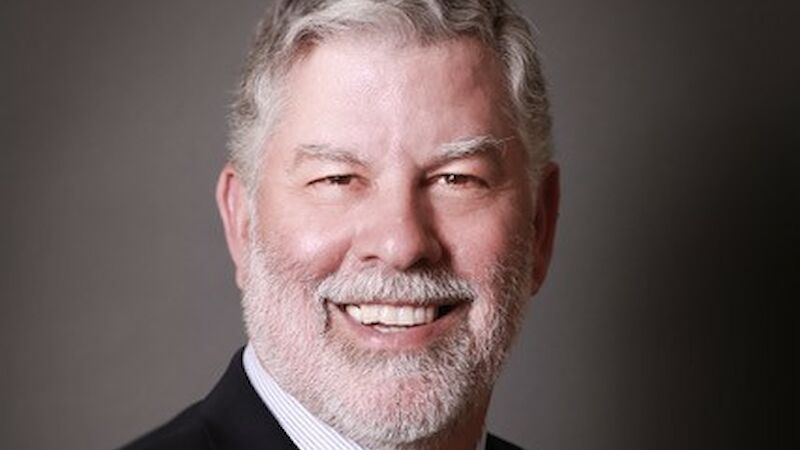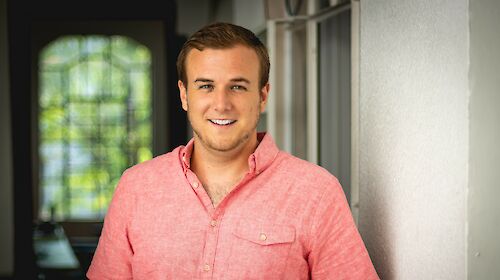"Meeting planners should consider formalized training with new certifications"
GCB Future Talks - North American Edition, Vol. 6
 © Michael LoBue
© Michael LoBue
As the founder, CEO, and President of LoBue & Majdalany Association Management, Michael LoBue has recourse to 28 years of experience in planning and executing meetings in North America, Europe and Asia for international trade associations and professional societies. Matthias Schultze, Managing Director of the GCB, talked to him about meetings during the pandemic.
Michael explained that his team "immediately scheduled weekly conferences with our partners to research and test new platforms and develop best practices for these new meeting needs". He stresses that "meeting planners should consider formalized training with new certifications" to keep up with the changing standards.
Matthias Schultze: The latest research of the German Convention Bureau's innovation network Future Meeting Space shows that the relevance of events for an organization's overall communications mix will continue to grow in the future. What is it that you need from event suppliers - from locations to tech service providers - to be able to create successful events in the future?
Michael LoBue: In consultation with our meetings and event planners, the Hamilton Group Meeting Planners, the list is clear: PPE (personal protective equipment), signage, flexible contract terms for minimums and cancellation, reasonable set-up and labor costs to incorporate social distancing, internet bandwidth that can meet the expectation for hybrid events, and flexible AV pricing. The costs of holding meetings in the future are expected to increase, especially for hybrid events. Those providers of meeting space who can soften these cost increases will be at a competitive advantage to win the meeting and convention business of associations.
In our "New Now", new tasks require new skills. In your opinion, what skills and competences will be in demand for event professionals in the future? Are you looking to, or are you already furthering your education on any specific topics/skills?
The pandemic instantly changed the required skills for meeting planners. The shelter-in-place order went into effect last year right after one of our larger clients just came off a successful in-person meeting. Their next in-person meeting was coming up in London a few months later - just enough time to begin preparations for it. Fortunately, the organization's board did not delay making the decision to switch it to a virtual format. Of course, this was assisted by the hotel management that was understanding and supportive by rescheduling the event to 2022.
Here is what the meeting staff needed to learn almost immediately: Knowledge of different hybrid and virtual platforms to determine what works best for different groups, video editing, and graphic design. For hybrid events this skill set will also include diagramming with social distancing. Meeting planners should consider formalized training with new certifications like for example virtual events certification, hybrid events certification, and event diagramming certification.
To keep up with the speed of change driven by the digital transformation and global events such as the Covid-19 pandemic, the business events sector needs to drive innovation. How do you come up with new ideas?
We immediately scheduled weekly conferences with our partners, the Hamilton Group Meeting Planners, to research and test new platforms and developed best practices for these new meeting needs. After about six months, the weekly schedule shifted to every-other week to support ongoing knowledge collection and learning.
 ©
© ©
© ©
© ©
©